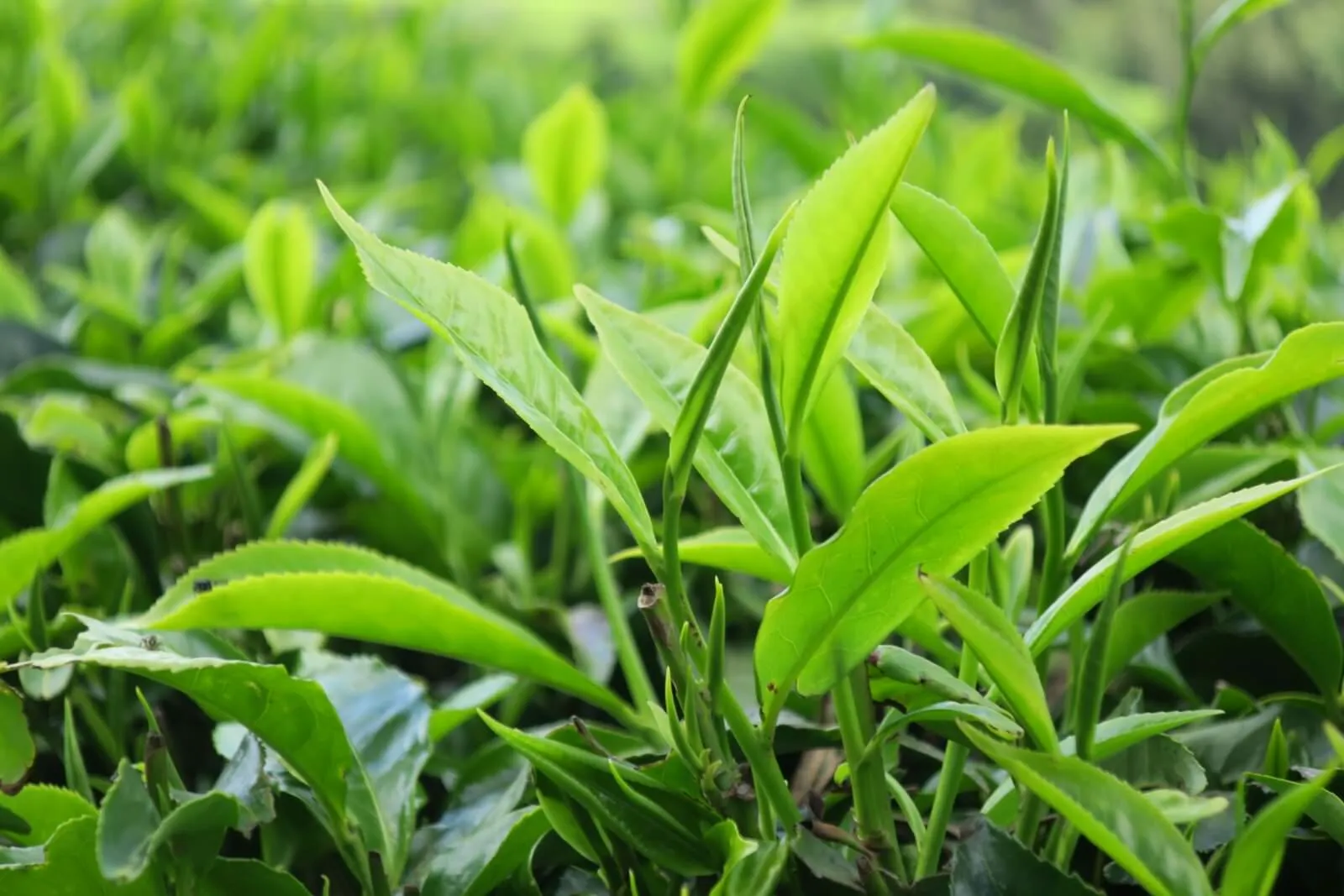At the Rainforest Alliance, we have worked for years to increase yields and incomes, improve social practices, and embed environmental sustainability requirements in our certification programs. Yet, a gap remains between the status of certified farms and what we consider truly sustainable production, partly caused by the lack of resources available to producers.
We believe that creating truly sustainable global supply chains requires a shared responsibility approach. This means that the costs and benefits of certification are evenly distributed between farmers and buyers along the supply chain, so that both are rewarded for their efforts to embrace more sustainable practices.
To achieve this, we are implementing two supply chain requirements for companies as part of our Certification Program: the Sustainability Differential and Sustainability Investments. With these requirements, we are encouraging companies to acknowledge the value of sustainability and invest in and reward more sustainable production.
The Sustainability Differential (SD) is a mandatory additional cash payment made to certified producers over and above the market price of the commodity. Sustainability Investments (SI) are mandatory cash or in-kind investments from buyers of Rainforest Alliance Certified products to certified producers for the specific purpose of helping them meet the Farm Requirements of the Sustainable Agriculture Standard.
Shared responsibility in the tea sector: An incremental, brand-led approach to transforming tea supply chains
For our Shared Responsibility requirements to be effective, they need to be adapted to meet the needs and operating realities of each of our sectors. In the tea sector specifically, we support over 500 tea farms made up of nearly one million farmers and 800,000 workers. Together with our partners, we provide the tools and knowledge to implement good agricultural practices and secure access to mainstream markets that are essential for their long-term livelihoods. Our certification program and traceability platform help tea companies contribute to more sustainable supply chains while targeting their investments to where they are needed most, including workers’ wellbeing.
Still, the tea supply chain is complex. Tea moves through different channels from farm to consumer, including through auctions in key countries, and it comes in many presentations – green leaf, made tea in different varieties, tea extracts in powders and liquids.
Because there is no one-size-fits-all, and to ensure our tea Shared Responsibility approach addresses the needs of all the stakeholders involved, from the conceptualization of the new standard we have been in dialogue with many actors across the supply chain, including farmers, buyers, processors, manufacturers and packers, non-commercial tea sector actors, and tea brand companies – corporate, foodservice and retail.
Through these discussions we recognized that because investments and premiums are the exception and not the norm, and that there is pressure on prices, transforming tea supply chains must happen in incremental steps. It also became clear during these consultations that tea brands—particularly retail ones— have a key role to play in advancing a shared responsibility approach and stand to benefit greatly from it. Brand owners connect most strongly with consumers. Often, their investment in sustainable supply chains allows them to make claims and demonstrate their commitment to achieving specific corporate sustainability goals. The brand owner is also the market actor who benefits from displaying the Rainforest Alliance seal on pack, online, or making certified sourcing claims on company materials and websites.
Implementation of Shared Responsibility
Companies that source Rainforest Alliance Certified tea can make certified sourcing claims about their SD and SI payments on their website and company materials. In turn, consumers can connect with these claims and support sourcing practices that reflect their values. This brand-led approach also allows other supply chain actors, such as retailers, to directly contribute to farm improvements and farmer livelihoods in the shape of payments through their manufacturers and packers.
As consumers increasingly seek brands that do good for people and the environment, shared responsibility provides a mechanism for companies in certified supply chains to demonstrate their impact. Taking this into account, SD and SI payments are the responsibility of brand owners in our tea Shared Responsibility approach.
The specific requirements are set out in our Annex Chapter 3: Income and Shared Responsibility.
Find the timelines for SD and SI implementation in the tea sector on our Shared Responsibility Page.
We will closely monitor the outcomes of this approach to inform future adaptations on shared responsibility needs in the tea sector.
Traceability
Online traceability is a requirement of the Rainforest Alliance 2020 Standard to deliver greater transparency, link sustainability progress between source and market and improve visibility of risks and opportunity for sustainability improvements, claims and narratives. Farm and Supply Chain Certificate Holders (CH) conduct tea traceability on the Rainforest Alliance Certification Platform (RACP). It is also crucial to SD and SI implementation.
FAQs
Below, we seek to answer many of the tea-specific questions we have received on this topic in the past year. We aim to keep this page and Q&A updated as we evolve our approach.
For general questions about our shared responsibility approach, please refer to our explainer on shared responsibility.
For questions about what is required, and how to interpret those requirements, please refer to Annex Chapter 3: Income and Shared Responsibility.


